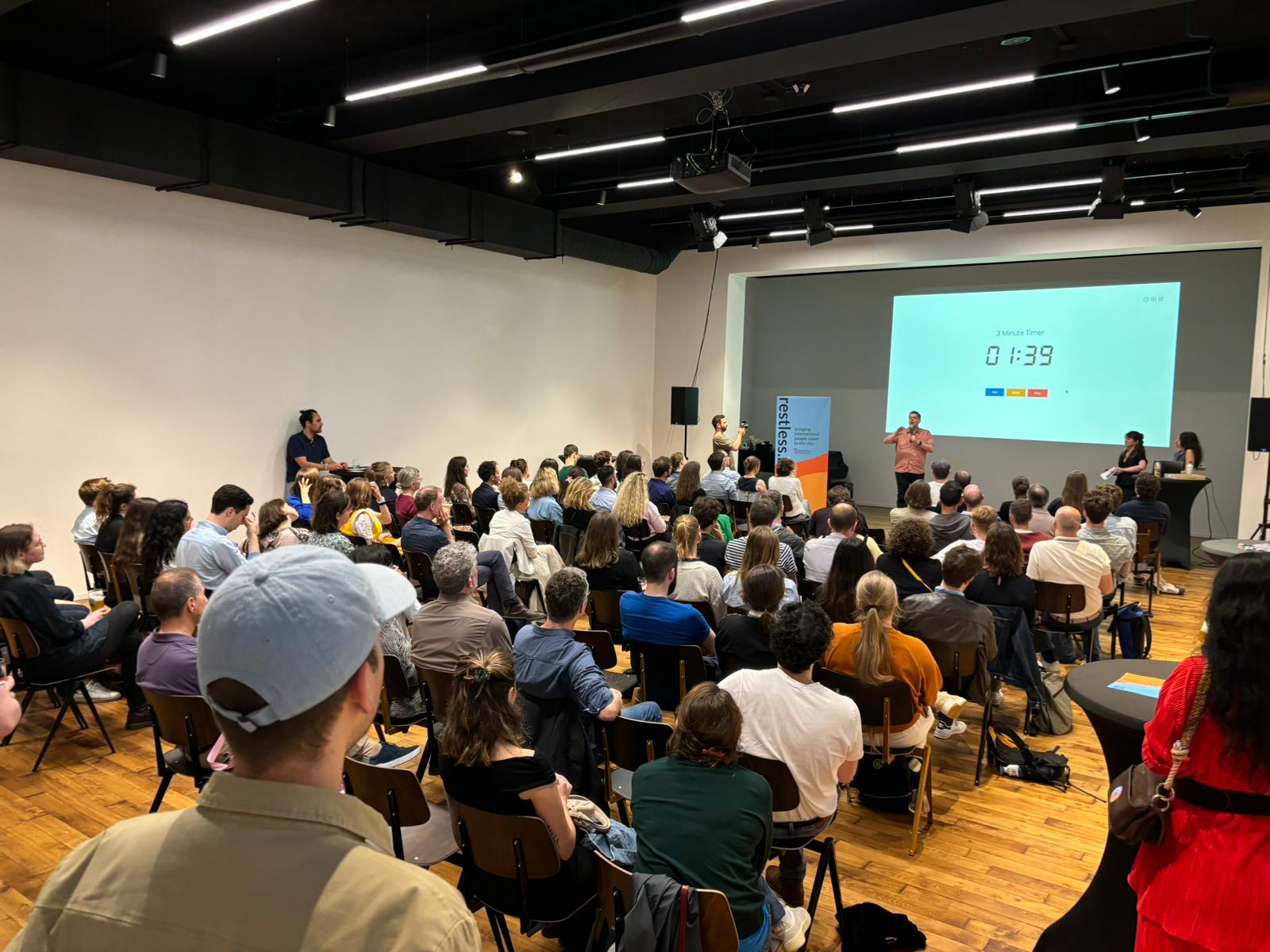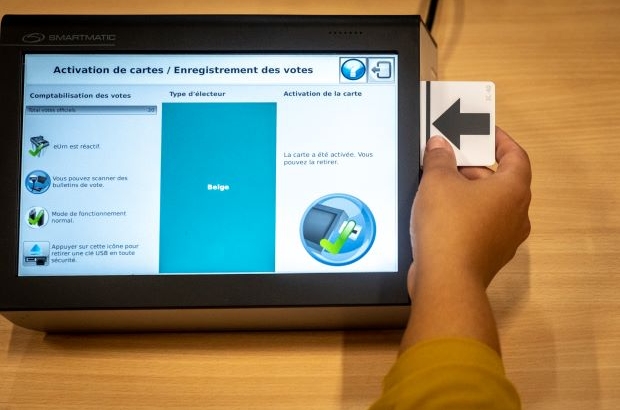- Daily & Weekly newsletters
- Buy & download The Bulletin
- Comment on our articles
Belgium gets ready to return to the polls in local elections across the country on 13 October
The country’s keenly-awaited municipal and provincial elections are fast approaching and a final push to get people out to vote includes a series of English-language debates in key Brussels communes.
Following federal and regional elections on 9 June, Belgians will again be called to the polls on 13 October, this time to vote for representatives to their local municipal and provincial councils.
The offices of mayor, aldermen and municipal councillors are all up for grabs. Most of the many different political parties have now submitted their lists, although some are due to be finalised in the coming days.
The seats in the municipal councils – which function like local parliaments – are divided up among the parties after the elections, based on a proportional representation system.
By casting a vote for a political party, voters decide on many of the things affecting day-to-day goings-on in neighbourhoods. Compared to countries like the UK and France, municipalities have much more power in Belgium and decide on matters from land planning, public roads, cleanliness, public order and economic development to social aid and the municipal schools in their territory. In the communes, the mayor is also the chief of the local police.
On the same day voters are also electing representatives for provincial councils, responsible for tourism, culture and schools. This applies to everywhere in Belgium apart from Brussels, which is a capital region rather than a province.
Each province has a governor which, unlike a local mayor, is not an elected office but, rather, nominated by the government. Their competences are largely limited to coordinating plans for, say, a major disaster.
This year, under a new rule, voting in the upcoming communal elections in Flanders (unlike Wallonia) is not compulsory.
Elections in Brussels
The region of Brussels counts 3,809 candidates on 124 lists, reports Bruzz, which has compiled a handy overview here.
Of the capital’s 19 municipalities, Schaerbeek and the city of Brussels have the highest number of lists at 10 each. In Auderghem and Woluwe-Saint-Pierre, however, only four lists are available.
RTBF has a useful interactive site for voters to check the election lists in their individual municipality.

Non-Belgian voters
EU nationals have the right to vote in local elections in Belgium, although they need to be registered. Where Belgium differs from many other European countries is that non-EU citizens who have lived in Belgium for five years also have the right to vote in the elections. The total number of non-Belgians who have signed up in the Brussels Region now exceeds 50,000 for the first time.
The nonprofit action group restless.brussels is organising a series of English-language election debates ahead of the elections as part of its mission to “bring international people in Brussels a bit closer to the city.”
These public events kick off with an ‘International Municipal Candidates Panel Discussion Local Candidates’ on 1 October at 19.00. Moderator Adriano Rodari will be quizzing candidates from MR, Vooruit, Ecolo and PTB parties at Holland House, near Place Luxembourg.
A second ‘Municipal Candidates Panel Debate’ takes place in Woluwe-Saint-Lambert on 2 October at 19.30 at La Maison des Associations. Several parties, including Ecolo, PS, Défi, MR+ and Les Engagés, have confirmed their attendance.
Finally, restless.brussels and GC Elzenhof are running a ‘Municipal Candidates Debate’ in Ixelles on 3 October at 19.00. It is a chance to learn about the parties’ manifestos and vision for the neighbourhood.
Another campaigning group, Brussels Voice, has long been urging internationals to vote. A spokesperson said: “Non-Belgians make up a third of the population (in Brussels) so their participation really matters for our local democracy.”
It points out that public authorities, civil society and major employers have all been playing their part to explain how and why international Brusselers should have registered to vote.
In the run up to the election, the group has sought to dispel what it called “myths” surrounding expats’ participation in the elections by highlighting three ‘key points’.
- First, voting matters. The local level of Belgian politics has a big impact on our streets, our everyday lives and vital services. If all international Brusselers voted, they would play a big role in choosing leaders and policies.
- Second, there are no hidden consequences. Signing up to vote does not affect your residency, your taxes, your salary, or your right to vote back in your home country. It is just an extra opportunity to have your say.
- Third, obligatory voting is not scary. By signing up to vote you will be expected to vote but do not be worried about fines or punishments. Proxy voting is available if you need to travel or get ill.
More information on voting in municipal elections here.
Photos: ©Hatim Kaghat/Belga; Restless.brussels event



















